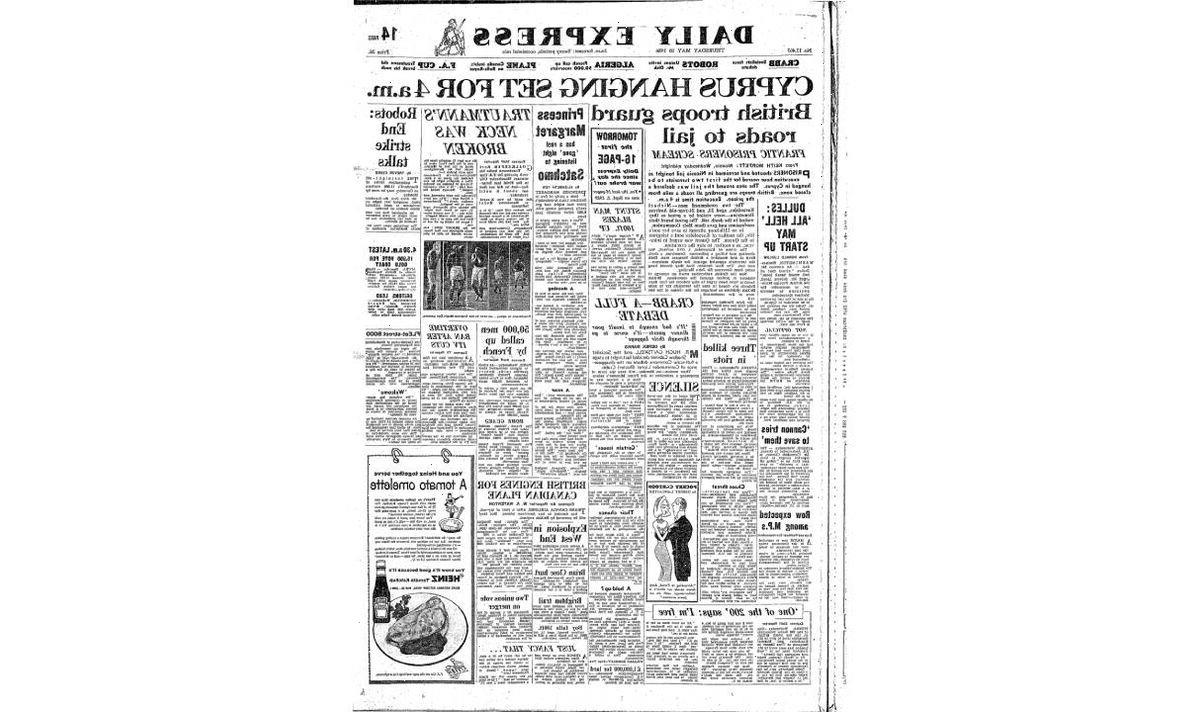BBC is 'burning money' says Defund the BBC campaigner
We use your sign-up to provide content in ways you’ve consented to and to improve our understanding of you. This may include adverts from us and 3rd parties based on our understanding. You can unsubscribe at any time. More info
The corporation incorrectly claimed that deaths linked to extreme weather have been on the rise. The national broadcaster’s executive complaints unit (ECU) has now ruled that Wild Weather, which aired in November 2021, did in fact present “misleading information”. Climate editor Justin Rowlatt said during the programme: “The world is getting warmer and our weather is getting ever more unpredictable and dangerous.
“The death toll is rising around the world and the forecast is that worse is to come.”
But embarrassingly, the ECU revealed this death toll comment was entirely false.
In fact, weather-related deaths have started to plummet thanks to better early warning systems and disaster management.
In a report published by the World Meteorological Organization (WMO) in 2021, it was found that the number of deaths linked to disasters has dropped nearly threefold over the last 50 years.


Death tolls fell from more than 50,000 deaths in the 1970s to under 20,000 in the 2010s.
BBC News has acknowledged the mistake, issuing an online correction.The organisation said it “accepted the wording in the programme was not as clear as it should have been and a public acknowledgement was put on the BBC’s Corrections and Clarifications website before the complaint reached the ECU”.
But the ECU also found that “an oversight meant the programme was still available on BBC iPlayer without a link or reference to the published correction, and for that reason, the complaint was upheld”.
Author and Activist Laura Dodsworth said on Talk TV: “Deaths have not gone up. They have gone down.”
She added: “That is the actual fact. Deaths have gone down because of improved early warnings and disaster management, so it is a completely false claim.”

But that was not the only claim made in the documentary that turned out to be misleading.
The BBC also claimed during the documentary that Madagascar was on the verge of being the first country to be hit by climate change-induced famine.
This is despite there being “additional factors” that will contribute to this.
In his introduction to the segment, Mr Rowlatt said: “The north of the island is a tropical paradise, famed for its biodiversity.
“But in the south they’re on the brink of the world’s first climate-induced famine.”
DON’T MISS
China’s ‘mighty dragon’ Terrifying weapons that Xi could hand Putin [REPORT]
Ukraine hails Britain’s ‘well appreciated’ weapon support [REVEAL]
Warning as suppliers ‘invent electricity meter readings’ and surge [INSIGHT]


But the ECU noted: “The statement that Madagascar was on the brink of the world’s first climate-induced famine was presented without qualification, whereas other evidence available prior to broadcast suggested there were additional factors which made a significant contribution to the shortage of food.
“The complaint was therefore upheld.”
Back in 2018, the BBC admitted that it gets coverage of climate change “wrong too often”.
A briefing note was seen by website Carbon Brief, that was sent BBC director of news and current affairs Fran Unsworth.
Included was a statement of BBC editorial policy, which read: “Climate change has been a difficult subject for the BBC, and we get coverage of it wrong too often.”
It went on: “Manmade climate change exists: If the science proves it we should report it.”
Source: Read Full Article


